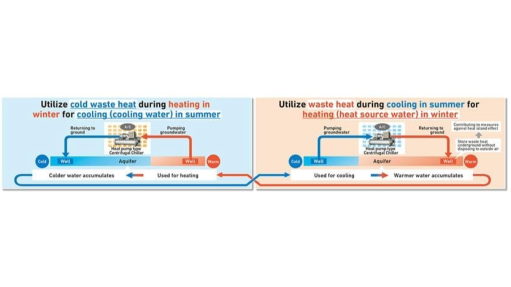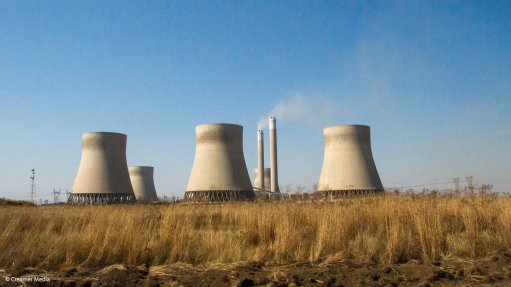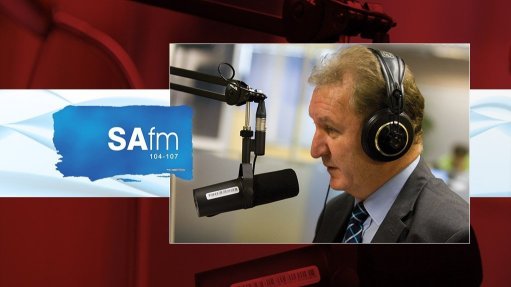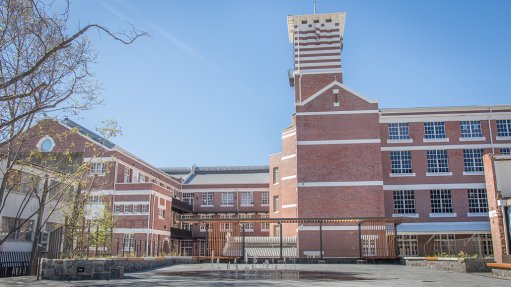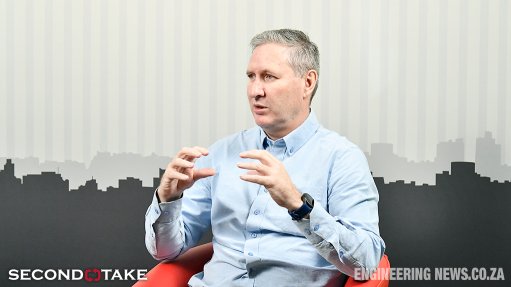Expropriation Bill to address historic injustices, De Lille says
The Expropriation Bill is intended to replace the current and Apartheid-era law, namely the Expropriation Act of 1975, which is inconsistent with the Constitution in many respects, says Public Works and Infrastructure Minister Patricia de Lille.
The current Bill proposes to bring the law in line with the Constitution. The Expropriation Bill has been drafted by the Department of Public Works and Infrastructure after extensive consultation and with the assistance of senior counsel and Constitutional experts.
The Presidential Advisory Panel Report found the 1975 Expropriation Act to be “inconsistent with the Constitution”, and that it “undermines the constitutionally enshrined principles of lawful, procedurally fair and reasonable administrative justice”.
“We cannot continue with the 1975 Expropriation Act because it is unconstitutional. The Expropriation Bill is an effort to replace the Act with a Bill that is constitutional and has been certified by the Chief State Law adviser and senior counsel as such,” De Lille states in a September 29 media statement.
Section 25 of the Constitution states that: “no one may be deprived of property except in terms of law of general application, and no law may permit arbitrary deprivation of property”.
“The issue of the expropriation of land without compensation has always been part of the Constitutional construct that we have and the current process with the Expropriation Bill is to give effect to the Constitution,” De Lille notes.
The Bill is a framework legislation that spells out clearly how and when expropriation can take place by all expropriating authorities. The Expropriation Bill makes explicit what is implicit in Section 25 of the Constitution, she adds.
Further, Section 25(2) of the Constitution says: “property may be expropriated only in terms of law of general application for public purpose or in the public interest; and subject to compensation, the amount of which and the time and manner of payment of which have either been agreed to by those affected or decided or approved by a court”.
The Expropriation Bill provides a solid and clear foundation for the implementation of Section 25(2) of the Constitution, says De Lille.
“Expropriation of property with nil compensation is not a silver bullet. Expropriation is only one acquisition mechanism that, in appropriate cases for public interest, will enable land reform and redress, as agreed by the Presidential Advisory Panel Report on Land Reform and Agriculture,” she notes.
The Expropriation Bill brings certainty to South Africans and investors because it clearly outlines how expropriation can be done and on what basis, she states.
“The independence and fairness of our judicial system has been proven time and time again and I have always put my faith in the judiciary and so can any land or property owner,” De Lille says.
The Constitution provides that compensation for expropriation must be “just and equitable” having regard to all relevant circumstances. The Bill provides that the amount of compensation will be determined by the courts, she points out.
“The Constitution is very clear on why property may be expropriated and that the compensation will be determined by agreement between parties and, in the absence of an agreement, the land owner can approach the courts,” De Lille notes.
Further, the Bill outlines circumstances when it may be just and equitable for nil compensation to be paid. It does not prescribe that nil compensation will be paid in these circumstances. Clause 12(3), (4) of the Bill deals with instances where it may be just and equitable to pay nil compensation for expropriation of property in the public interest, she highlights.
Expropriation is not unique to South Africa. The ability of governments to acquire or expropriate land for the public good is something that is found worldwide, she adds.
The Department of Rural Development and Land Reform commissioned a land audit that looked at the extent of colonial land dispossession and Apartheid-era forced removals.
The audit found that 79% of South African land was in private ownership, 14% was owned by the State – divided between national government departments, provincial governments and municipalities – and 7% of land was unaccounted for.
“It is our responsibility to correct the historic injustice of land ownership patterns in South Africa. Today, mainly people of colour live on the outskirts of our towns and cities, far away from economic opportunities and do not own any land, owing to the Apartheid regime’s draconian laws.
“It is our responsibility to correct this historic injustice. These are the wrongs of our past that we have been working to remedy since the advent of South Africa’s democracy in 1994,” De Lille states.
“It is extremely dangerous to suggest that government will arbitrarily take people’s property, such as their homes. The contention that the Bill will be used to strip millions of South Africans of their homes and other assets without fair procedures or equitable compensation is not the kind of pain and injustice that democratically elected representatives will subject South Africans to again,” she avers.
Comments
Press Office
Announcements
What's On
Subscribe to improve your user experience...
Option 1 (equivalent of R125 a month):
Receive a weekly copy of Creamer Media's Engineering News & Mining Weekly magazine
(print copy for those in South Africa and e-magazine for those outside of South Africa)
Receive daily email newsletters
Access to full search results
Access archive of magazine back copies
Access to Projects in Progress
Access to ONE Research Report of your choice in PDF format
Option 2 (equivalent of R375 a month):
All benefits from Option 1
PLUS
Access to Creamer Media's Research Channel Africa for ALL Research Reports, in PDF format, on various industrial and mining sectors
including Electricity; Water; Energy Transition; Hydrogen; Roads, Rail and Ports; Coal; Gold; Platinum; Battery Metals; etc.
Already a subscriber?
Forgotten your password?
Receive weekly copy of Creamer Media's Engineering News & Mining Weekly magazine (print copy for those in South Africa and e-magazine for those outside of South Africa)
➕
Recieve daily email newsletters
➕
Access to full search results
➕
Access archive of magazine back copies
➕
Access to Projects in Progress
➕
Access to ONE Research Report of your choice in PDF format
RESEARCH CHANNEL AFRICA
R4500 (equivalent of R375 a month)
SUBSCRIBEAll benefits from Option 1
➕
Access to Creamer Media's Research Channel Africa for ALL Research Reports on various industrial and mining sectors, in PDF format, including on:
Electricity
➕
Water
➕
Energy Transition
➕
Hydrogen
➕
Roads, Rail and Ports
➕
Coal
➕
Gold
➕
Platinum
➕
Battery Metals
➕
etc.
Receive all benefits from Option 1 or Option 2 delivered to numerous people at your company
➕
Multiple User names and Passwords for simultaneous log-ins
➕
Intranet integration access to all in your organisation







